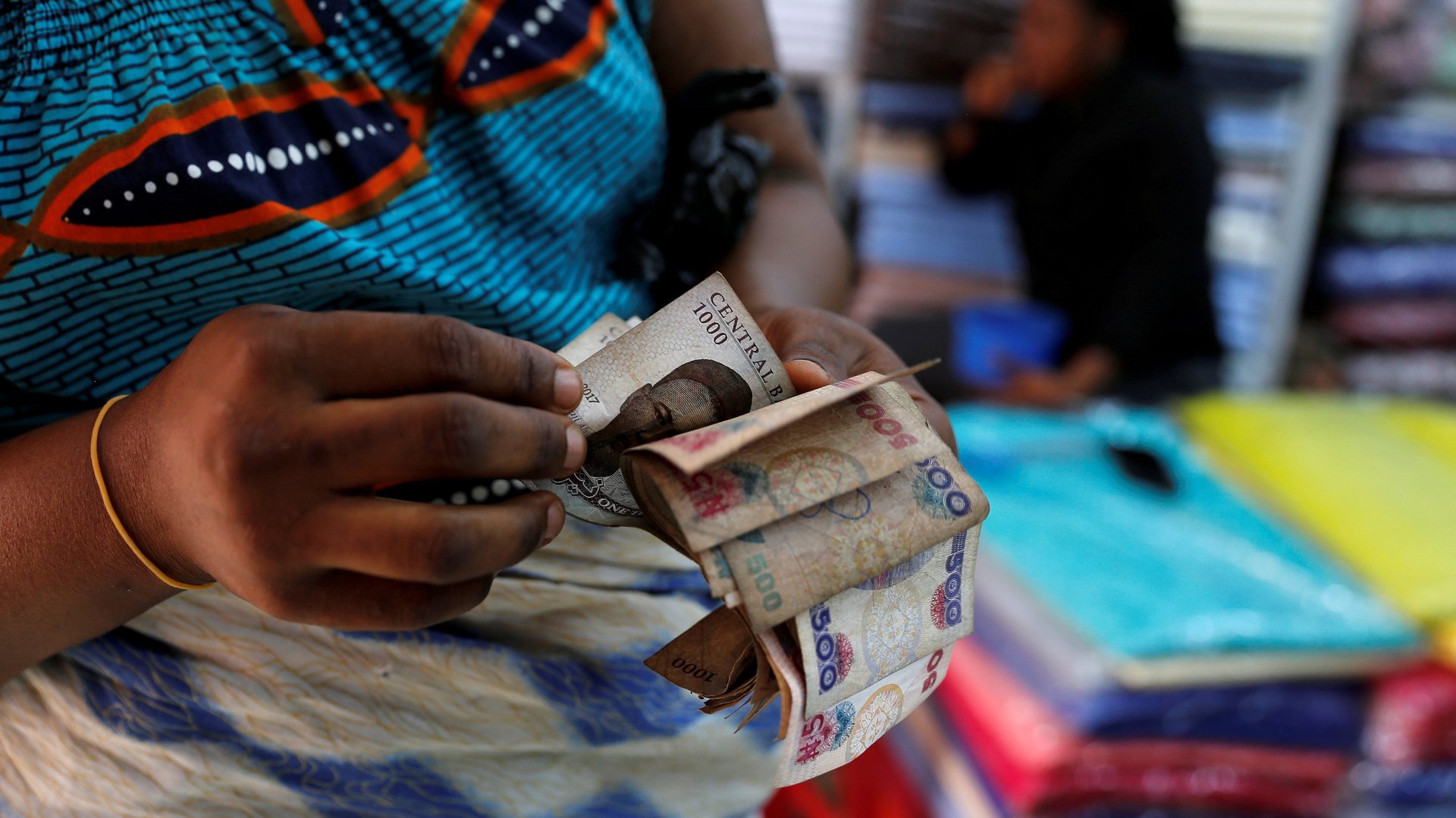Economists struggle to figure out where Africa’s informal economy starts or where it ends
The informal economy, which is economic activity that falls outside the regulated economy and tax system, such as street vending or unregistered taxi drivers, is hard to measure.


The informal economy, which is economic activity that falls outside the regulated economy and tax system, such as street vending or unregistered taxi drivers, is hard to measure.
This opening line on from an International Monetary Fund (IMF) blog in October about the global informal economy captures the difficulty for economists and governments in figuring out the right policy measures to encourage more of the tax-avoiding informal sector to come on board the formal train. This is a much bigger challenge for developing countries.
The IMF estimates the informal sector’s share of the global economy has been falling on average over the last decade, but it remains at a weighted average of 34% in Sub Saharan Africa, compared with 9% in North America and 15% in the OECD countries. It says the informal sector contributed between 25% and 65% of GDP with Mauritius and South Africa at the low-end under 25% and Tanzania (over 50%) and Nigeria (over 60%) at the other end.
A paper by Brookings Institution fellow Ahmadou Aly Mbaye explains how to analyze the informal sector using Francophone West Africa as a case study.
Mbaye suggests we need to take into account the different types of informal businesses from relatively large companies to one-person employers of fewer than five people and that they may or may not be registered with authorities. But they almost all don’t pay any form of corporate taxes.
The difficult business environment of many African economies encourages small and medium sized businesses to remain informal. Unsurprisingly, high taxes and stifling regulation by a “low quality bureaucracy” top the list of grievances. Or to be more specific it is “how many taxes a company must pay and how much time it takes to declare and pay them, rather than the tax rates themselves which create a bottleneck for businesses.”
It’s worth noting these issues impact larger formal businesses as well. In Senegal one 2016 government/Millennium Challenge Corporation study found only 15 companies pay up to 75% of the state’s tax revenue.
So with challenges like these why would any business be formal if they could avoid it? Well, the simple answer is that at the larger end of the corporate spectrum much revenue comes from government contract work which requires being a formal tax-paying entity. And even for some medium-sized businesses they are more vulnerable to the vagaries of government agency harassment. For example, high profile small to mid-sized tech startups in Lagos and Nairobi have run into this problem—even when they do pay taxes.
This all has significant impact on jobs because it means African countries have to be overly reliant on the informal sector to create employment. Today, the IMF says the informal sector accounts for between 30% to 90% of total nonagricultural employment.
Perhaps the real downside of an economy overwhelmed by the informal sector is that like the title implies, there are few formal employment contract and little employee protection. Even if a country had a minimum wage structure, these informal employers are under no obligation to observe it other than out of goodwill. It means many people working in the country are severely underemployed as they have few alternatives.
In a three-part series podcast on the role of the internet-enabled gig economy in Africa, produced by BFA Global in collaboration with Quartz Africa, there is much discussion about whether a more digitized economy—with more government services, mobile payment systems and “gig worker” jobs brought online—can really make a difference to how developing economies work.
On the one hand, the hope for some governments is that ride-sharing jobs and the likes will leave a digital trail or reducing the use of cash will mean the ability to raise (value-added) tax revenue more seamlessly if we’re all using our mobile phones to pay. That’s the hope. The reality is much more complicated.
Sign up to the Quartz Africa Weekly Brief here for news and analysis on African business, tech and innovation in your inbox